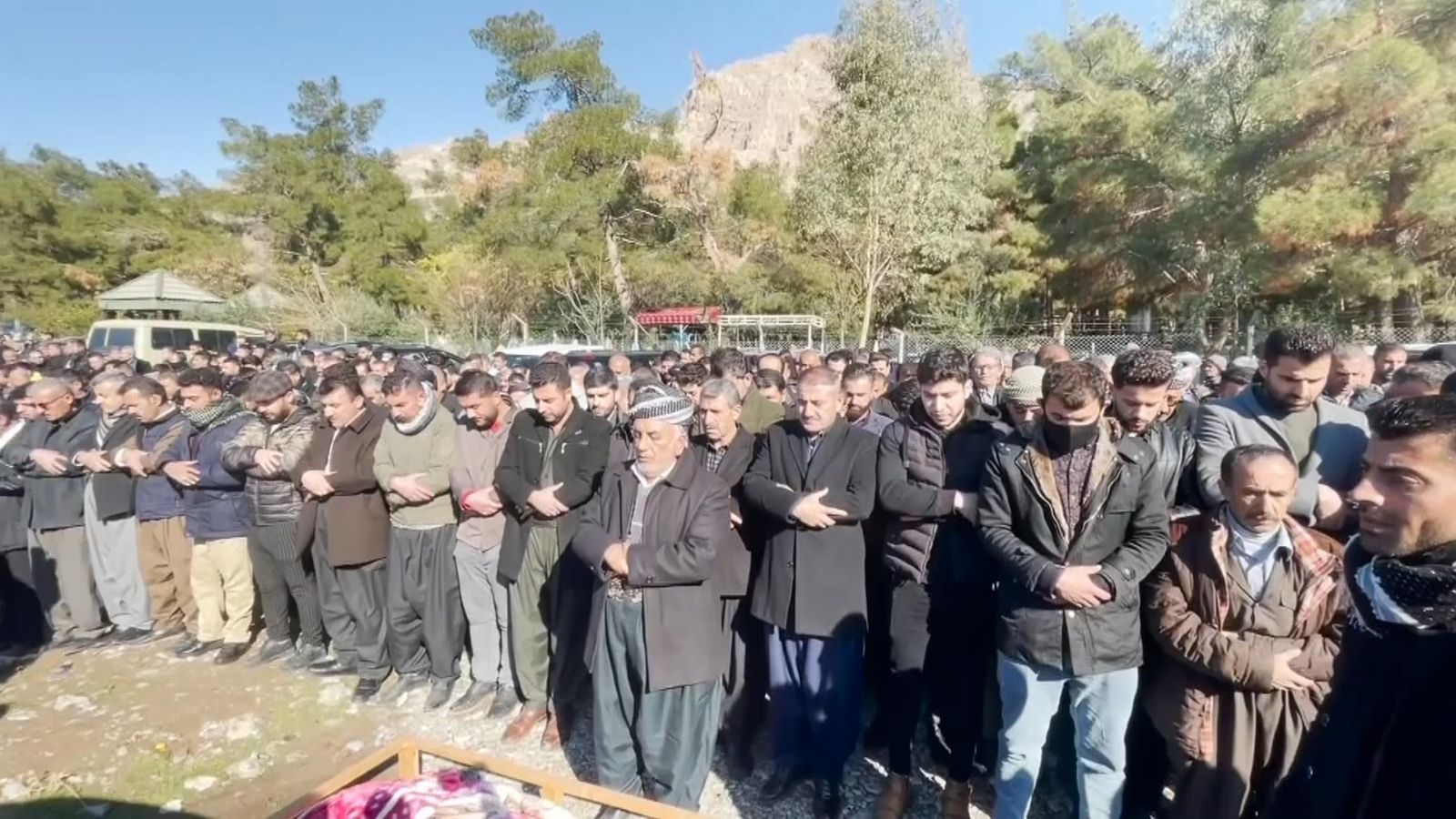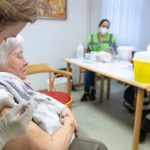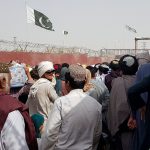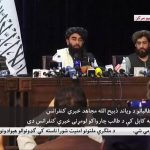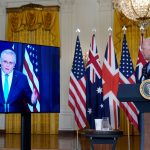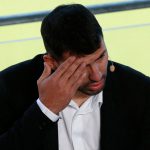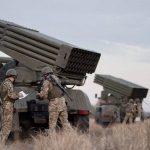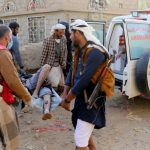Funerals have been held in Iraq today as the bodies of 16 of the Kurdish migrants who drowned last month when their dinghy capsized in the English Channel were repatriated.
Despite the tragedy taking place on 24 November, the heartbroken families and friends of the people who died have been forced to waited weeks for their bodies to be identified and then released back to Iraqi Kurdistan.
One of the funerals held on Sunday was for 24-year-old Baran Nouri Mohammedameen, who died trying to cross the Channel so she could be reunited with her fiancé who was waiting in England for her.
She had taken selfies of herself as she travelled on the dinghy, but hours later the flimsy boat sank. Of the 33 people on board, 27 were confirmed dead, two are missing and two rescued.
Baran’s funeral took place in the town of Soran, in northern Iraq, where she grew up.
Alistair Bunkall, Sky News Middle Eastern Correspondent, said: “They all knew the journey they were taking was dangerous, but they all had a different reason for wanting to get to the UK.
“But thousands before them had made it, and so they took the risk.”
Channel deaths: Bodies of 16 migrants who drowned during crossing repatriated to Iraq
Iraqi teenager disfigured in acid attack after refusing marriage request raising money for surgery abroad
Ex-IS member who chained up Yazidi girl, 5, and left her to die in scorching heat is jailed for life
The plane carrying the bodies landed on early Sunday morning in the airport of Erbil, which is the capital of Iraq’s autonomous Kurdish region.
Ambulances then took the coffins to the home towns of those who died.
Shukriya Bakir, whose son was one of those who drowned, said: “The last time I heard my son’s voice was when he got on board the boat.
“He said ‘Don’t worry Mum, I will reach England shortly.’ Now he’s back to me in a coffin.”
Over the past decade, hundreds of thousands of people have travelled dangerously to Western Europe with the help of smugglers.
They have risked treacherous journeys in order to flee conflict, persecution and poverty in Iraq, Syria, Afghanistan, Yemen, Sudan and elsewhere.
